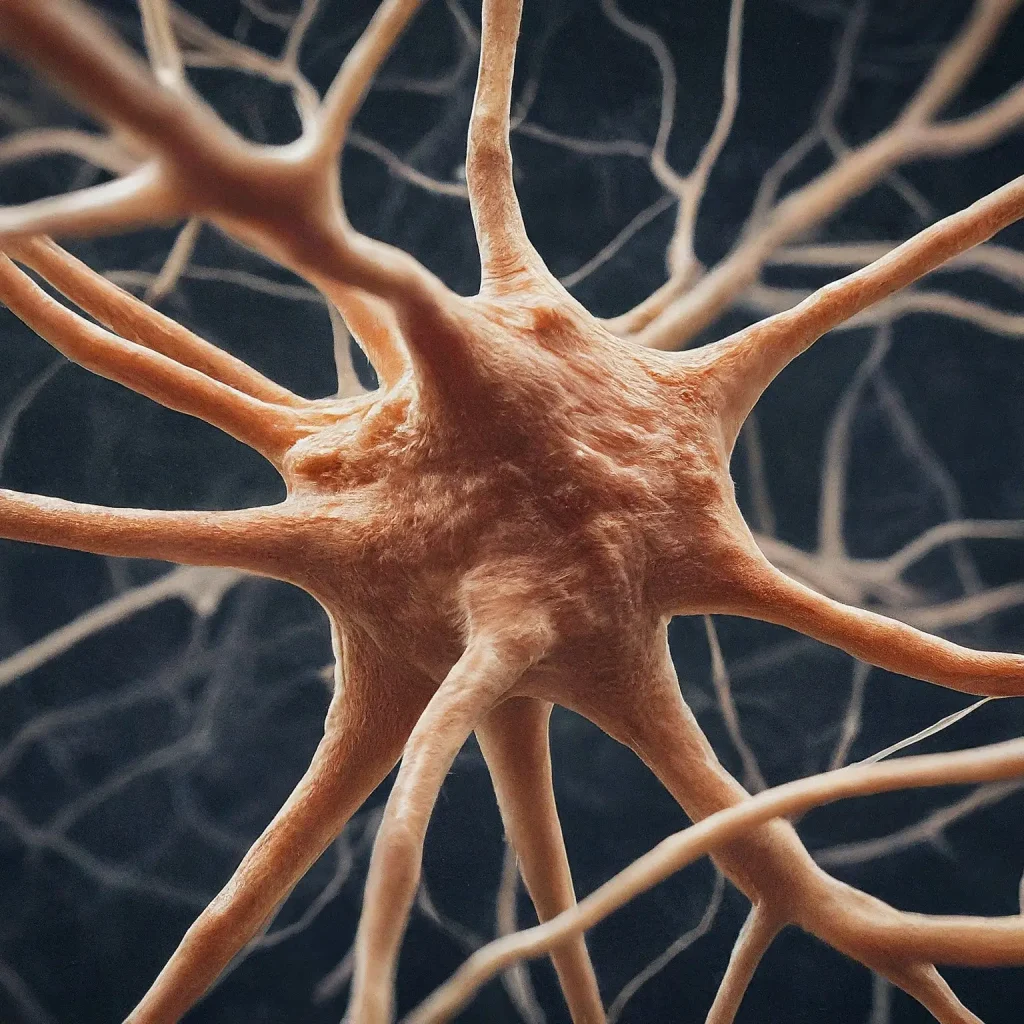Key Takeaways:
- A recent US study links long-term exposure to air pollution with a heightened risk of dementia.
- Researchers followed over 6 million participants for an average of 8 years, uncovering a 10% rise in dementia risk for those in heavily polluted areas.
- Air pollution is already a culprit behind respiratory illnesses, heart disease, and strokes. This study suggests it might also affect brain health.
- Further research is needed to pinpoint the exact mechanisms at play.
- Reducing air pollution exposure through measures like cutting down on car use and planting trees can potentially safeguard brain health and lower dementia risk.
Dementia, a brutal condition impacting millions globally, might have a new threat on its radar – air pollution. A recent American study has found a worrying link between long-term exposure to air pollution and an increased chance of developing dementia. This adds to the mounting evidence suggesting air pollution, a significant environmental concern, may also contribute to cognitive decline.
What is Dementia?

Dementia is an umbrella term for a collection of symptoms affecting thinking, memory, and behaviour. These symptoms progressively worsen over time, significantly impacting a person’s daily life. Alzheimer’s disease is the most common form of dementia, accounting for roughly 60-70% of cases.
There’s currently no cure for dementia, but early diagnosis and management can significantly improve a person’s quality of life.
Air Pollution Linked to Increased Dementia Risk: Unveiling the Study

The US-based study involved a staggering number of participants – over 6 million adults. Researchers monitored their health for an average of 8 years. The chilling discovery? Individuals residing in areas with higher air pollution levels exhibited a 10% increase in dementia risk.
Air pollution is already a well-established culprit behind various health woes, including respiratory problems, heart disease, and strokes. This study sheds light on the possibility that it may also negatively impact brain health. The researchers acknowledge the need for further investigations to completely understand the mechanisms underlying this association between air pollution and dementia.
How Does Air Pollution Affect the Brain? (What the Boffins Think)
While the exact mechanisms remain under investigation, scientists have proposed a few potential explanations for how air pollution might affect brain health:
- Inflammation: Air pollutants can trigger inflammation throughout the body, including the brain. Chronic inflammation is linked to various neurodegenerative diseases, including dementia.
- Oxidative Stress: Air pollution can generate free radicals, unstable molecules that damage brain cells. This oxidative stress is considered a contributing factor in neurodegeneration.
- Reduced Blood Flow: Air pollution particles might hinder blood flow to the brain, potentially depriving brain cells of vital oxygen and nutrients.
Those Nasty Pollutants: What’s in the Air We Breathe?
Air pollution is a complex mixture of various pollutants, some of the most common culprits being:
- Fine Particulate Matter (PM2.5): These microscopic particles, less than 2.5 micrometers in diameter, can easily penetrate deep into the lungs and even enter the bloodstream.
- Nitrogen Dioxide (NO2): A major component of traffic fumes, NO2 can irritate the airways and hinder lung function.
- Ozone (O3): This gas, formed by chemical reactions in the atmosphere involving sunlight, can trigger respiratory problems.
Combating Air Pollution: Safeguarding Your Brain and the Environment
While the research on air pollution and dementia is ongoing, there are steps you can take to reduce your exposure to air pollution and potentially protect your brain health:
- Minimize Car Use: Opt for public transport, cycling, or walking whenever possible. This not only reduces air pollution but also benefits your physical health.
- Embrace Green Spaces: Plants act as natural air filters, so consider planting trees and shrubs around your home.
- Stay Informed: Monitor air quality reports in your area and stay indoors during peak pollution periods.
- Invest in Air Purifiers: Indoor air purifiers can help eliminate pollutants within your home environment.
Conclusion: Take a Breath of Fresh Air (Literally and Figuratively)
Air pollution is a significant environmental threat with far-reaching consequences. This new study adds another layer of concern, highlighting a potential link between air pollution and dementia risk. While further research is needed to solidify the connection, it underscores the importance of measures to combat air pollution. Reducing your exposure to air pollutants can not only benefit your lungs but might also play a role in safeguarding your brain health. So, take a deep breath of fresh air (when the air quality allows!) and consider incorporating some of the tips mentioned above into your daily life. Let’s work together to create a cleaner environment for ourselves and future generations.








